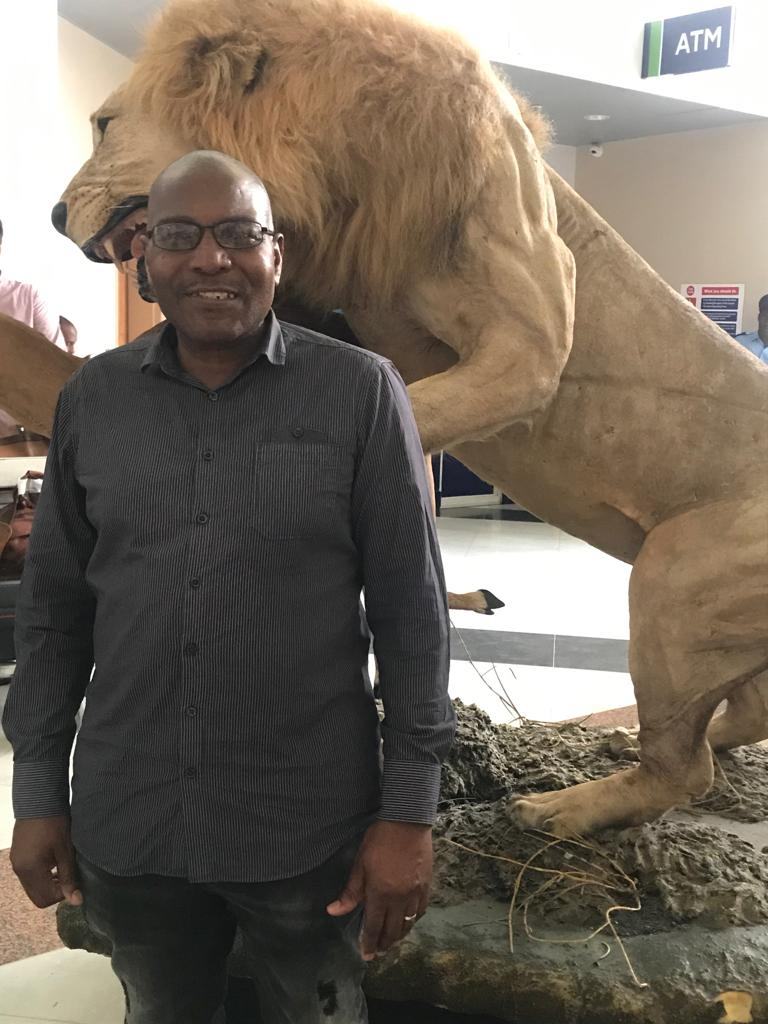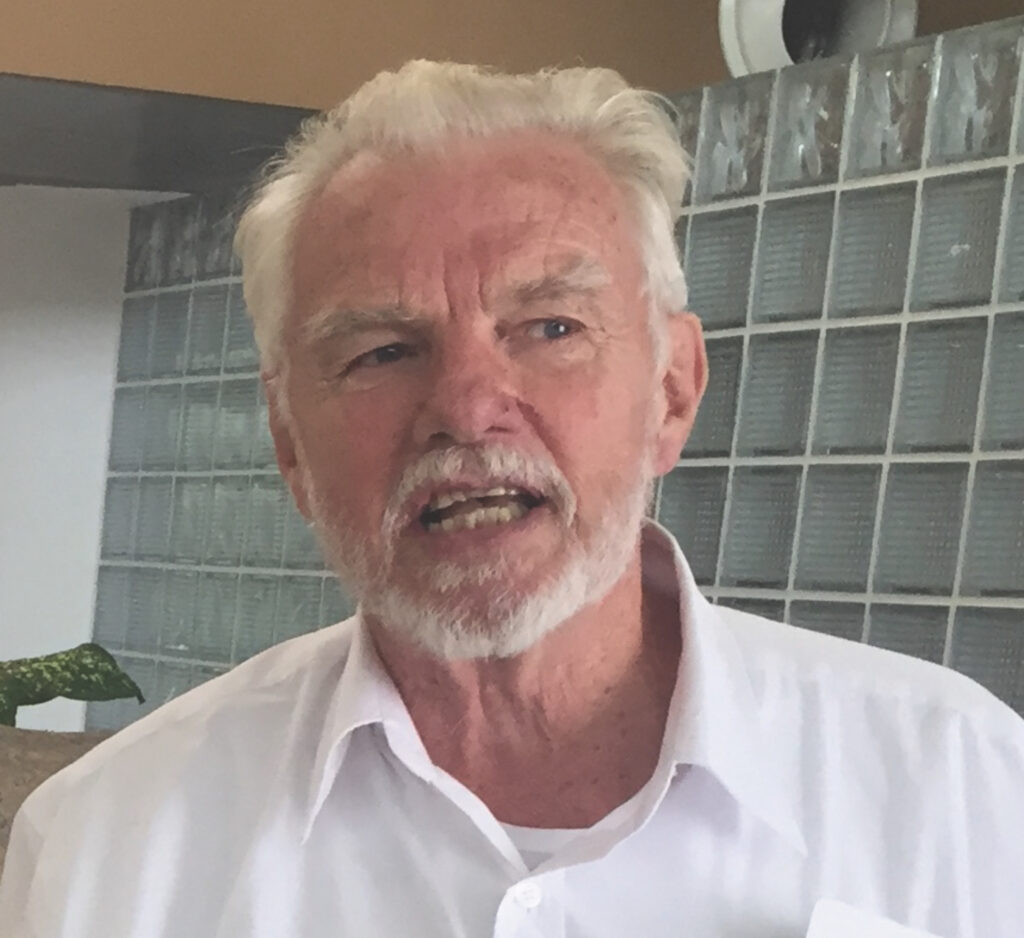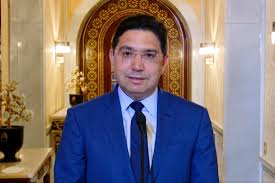
International-award-winning-environmental-journalist-and-author-Emmanuel-Koro.-
AN OPEN LETTER TO PRESIDENT DONALD TRUMP
By Emmanuel Koro
Johannesburg, 23 January 2025

Dear Mr. President.
The international agency charged with protecting wildlife on the brink of extinction is known as CITES — the Convention on International Trade in Endangered Species of Wild Fauna and Flora.
It was created by the United Nations in 1975.
But it is an American invention.
It came into being after the unrelenting prodding of American-based animal welfare organisations and the involvement of the White House’s U.S. Council on Environmental Quality at the time.
Since its formation, however, it has abandoned its focus.
Rather than respect the charge in its title to regulate international trade in endangered species, “the organisation now stands as the major obstacle to international commerce in wildlife trade,” according to the head of the Los Angeles-based Ivory Education Institute, Godfrey Harris.

As a result, millions of dollars that could support the conservation of wildlife in Africa are needlessly being blocked through CITES by the major, mostly American, non-governmental organisations intent on fulfilling their own agendas.
Those same NGOs blocking international trade are also putting elephant overpopulated southern African countries under enormous environmental pressure.
For example, elephant hunting is prohibited in many countries at the moment because of CITES.
Yet the need to reduce their population of elephants is overwhelming.
Herds are growing rapidly, leaving them with inadequate supplies of food and water and threatening to turn their vegetated habitats into deserts.
Tragically, also, large groups of elephants continuously move into rural communities in search of food and water.
In the process, they kill and maim innocent, voiceless and defenceless people, destroying their crops and homes.
Since at least the Obama Administration, American policy towards wildlife has been overwhelmingly dictated by the fundraising goals of the animal rights NGOs.
They continue to push the U.S. government to support their anti-use wildlife management approach which attracts enormous sums of money for their salaries, travel, and promotional activities.
But this not only prevents elephant over-populated countries from benefiting from the ivory trade income they could generate, it also eliminates any traceable funds for elephant conservation on the ground.
The U.S.-based animal rights extremist NGOs include the Humane Society International, Nature Conservancy, International Fund for Animal Welfare and the Sierra Club to name just a few.
They have gotten their way, particularly in Africa, with lavish gifts to wildlife officials, outright bribery, and by “looking the other way” when illegal activities are underway.
This results in consistently high votes in CITES meetings against sensible ivory trade measures.
Remarkably, at the CITES meeting in Panama in November 2022, Mali’s delegateacknowledged receiving financial assistance from an NGO since 1994. In return, Mali has consistently voted against renewing the ivory trade.
These blatant activities prevent the nations of Africa and Asia from protecting and conserving — as well as fully benefiting from — their wildlife assets.
President Trump: We urge you to lead the way in changing this ongoing corruption in international wildlife management and trade policy.
We believe the true plight of elephants in southern Africa needs to be ended.
Their numbers exceed the carrying power (capacity) of their habitats.
With this background in mind, please Instruct your Secretary of the Interior to review the details of American policy with the Fish and Wildlife Service before the upcoming CITES Conference of the Parties in Uzbekistan in November 2025.
U.S. ivory specialist Harris notes that even antique objects with ivory decorations are now banned on the international market because of some unproven idea that such trade encourages elephant poaching.
Harris wants U.S. government officials to “stop worrying about their next private sector job and make U.S. policy that supports African conservation and makes environmental needs a priority.”
Wildlife scientists support the idea that elephant-rich southern African countries deserve to trade in ivory.
Ron Thomson, chief executive officer of the South Africa-based True Green Alliance and an elephant management expert, has long called upon the U.S. government to investigate the big U.S.-based animal rights NGOs for continuously profiting from criminal lies about the status ofAfrican wildlife.

Thomson particularly objects to the dishonest habit of lumping the status of all the world elephant herds together as if they came from one country and all are endangered.
The correct approach, Thomson says, is to look at each country’s elephant population as independent of all others.
Harris explains how the big U.S. anti-ivory and wildlife trade NGOs manipulate innocent Americans to donate money, “To get the public to make regular donations, they show an orphan elephant, a dying rhino or a hungry impala in a television advert or direct mail piece needing help from the ‘cruelty of greedy Africans.’”
Yet, Africans love (and need) their wildlife more than these wayward and exploitative NGOs.
This false image perpetuated by the anti-ivory trade NGOs is damaging America’s status in Africa at a time when the Chinese are particularly active there.
Mr Trump: You can reverse this. Give African conservation your support so that its citizens can start enjoying their wildlife wealth, legally and sustainably.
Sincerely yours,
Emmanuel Koro
A Johannesburg-based, international award-winning environmental journalist who lives in and loves Southern Africa and writes independently on environmental and developmental issues.









